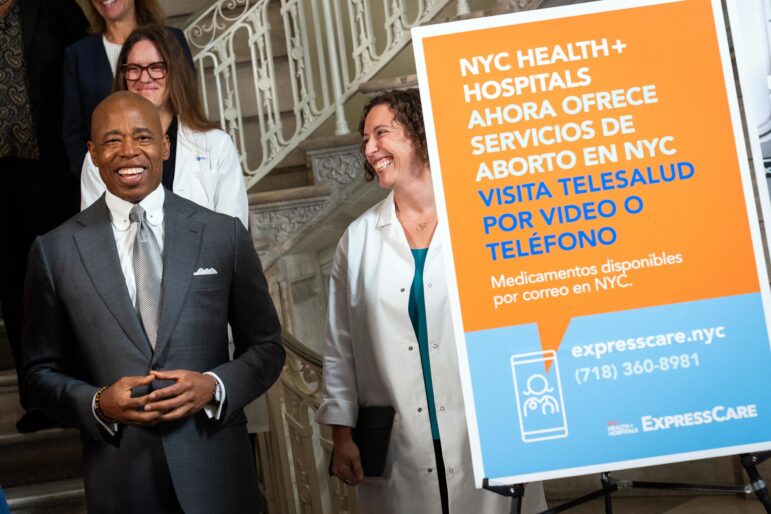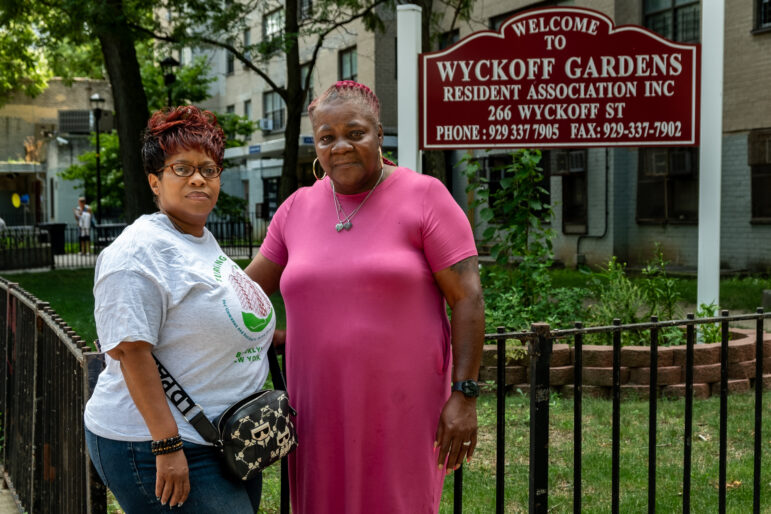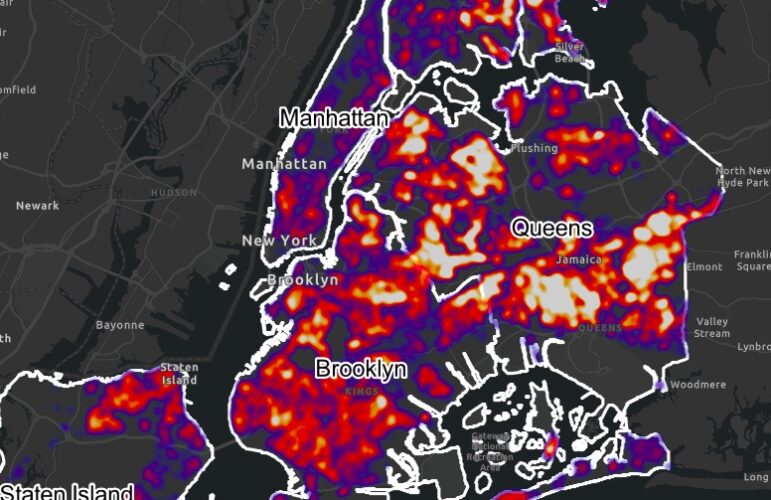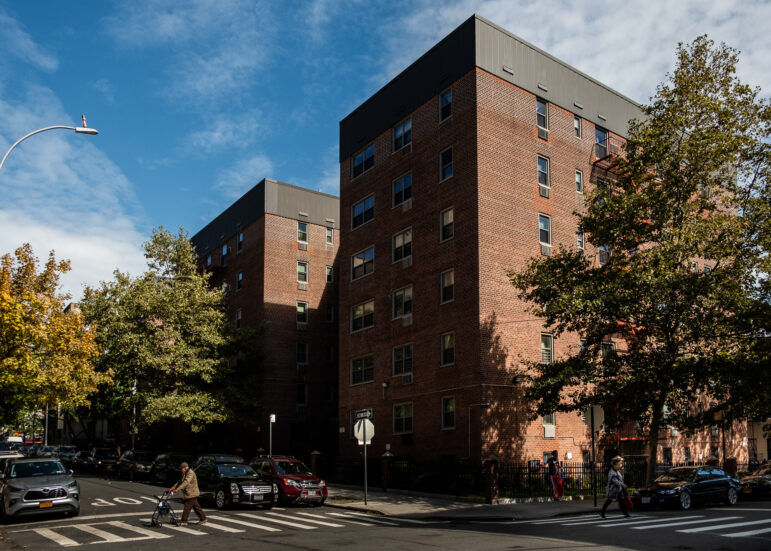Poor and immigrant children in New York will soon have fewer health care options if the state gives the city permission to make its largest mass closing of health clinics in recent history. The city wants to close 27 community clinics, some of which have provided free immunizations, asthma treatment and Band-Aids to uninsured kids for more than 90 years.
In a May 3 letter to the state Department of Health, the city Health and Hospitals Corporation called outpatient clinics a financial drain, and asked the state for the go-ahead to shutter 12 neighborhood health clinics and 15 school-based facilities by May 15. The request comes as HHC is steeped in economic troubles and a $313 million deficit. If these closures are approved, the number of child health clinics in the city will fall to 30, down from 54 in 1994.
For communities where most children do not have health insurance, these clinics have been seen as essential for giving sick kids a place to go other than the emergency room. “Eliminating clinics that provide primary care services to children who can’t otherwise afford it, particularly in neighborhoods like Harlem and the South Bronx, is unconscionable,” said Judy Wessler of the Commission on the Public’s Health System, an advocacy group. According to a recent study by the Citizen’s Committee for Children, two-thirds of the patients who visit child health centers are uninsured. The health centers in question operate in Harlem, the South Bronx, Coney Island in Brooklyn and immigrant neighborhoods like Elmhurst and Jackson Heights in Queens.
The school clinics serve some of the same neighborhoods, and nurse practitioners there give physicals and treat dozens of ailments a day. According to Terry Mizrahi, a health policy professor at Hunter College, school clinics “are the best model for bringing health services to adolescents.” The nurses at Long Island City High School agree, and they are organizing a petition drive to try to keep their clinic’s doors open.
While the state continues to review the city’s request, the city assures patients that other health clinics will be able to absorb them. “It may be a little inconvenient,” said HHC spokeswoman Dr. Jane Zimmerman. “But there will be no disruption in care.”
Meanwhile, activists and politicians are asking HHC to hold a public hearing to explain its reasoning to parents. And they recommend that the agency check its math: HHC’s deficit is a result of the city cutting its budget, says Lisa Daglian, spokeswoman for Manhattan Borough President C. Virginia Fields, and closing community clinics will not actually save money. “When people are shut out of primary care, they often end up in the emergency room with more serious illnesses,” she said. “That leads to higher medical costs ultimately.”








